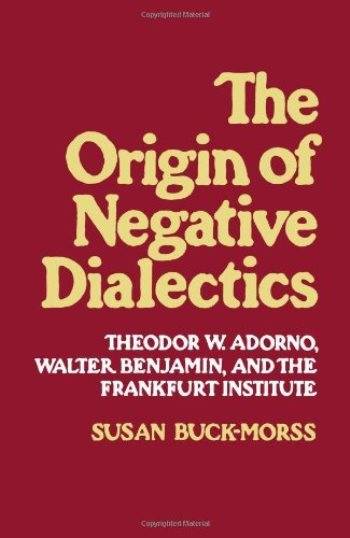In her important introductory chapter, Susan Buck-Morss rightly stresses the significance of Critical Theory for young West German intellectuals after World War II. In contrast to the American situation, spaces in which questions of Marxism could once again be discussed were opening in the vicinity of the Institute for Social Research in Frankfurt. Buck-Morss convincingly sketches this learning process that ended in antagonism when Horkheimer and Adorno proved unwilling to participate in the political practice of the extra-parliamentary opposition. Leftist students turned away from Critical Theory, treating it like the proverbial dead dog after 1970, thereby allowing it to be taken up by young conservatives who concerned themselves only with the aesthetic character of Adorno’s and Benjamin’s writings.
- / Author
- / Preface
